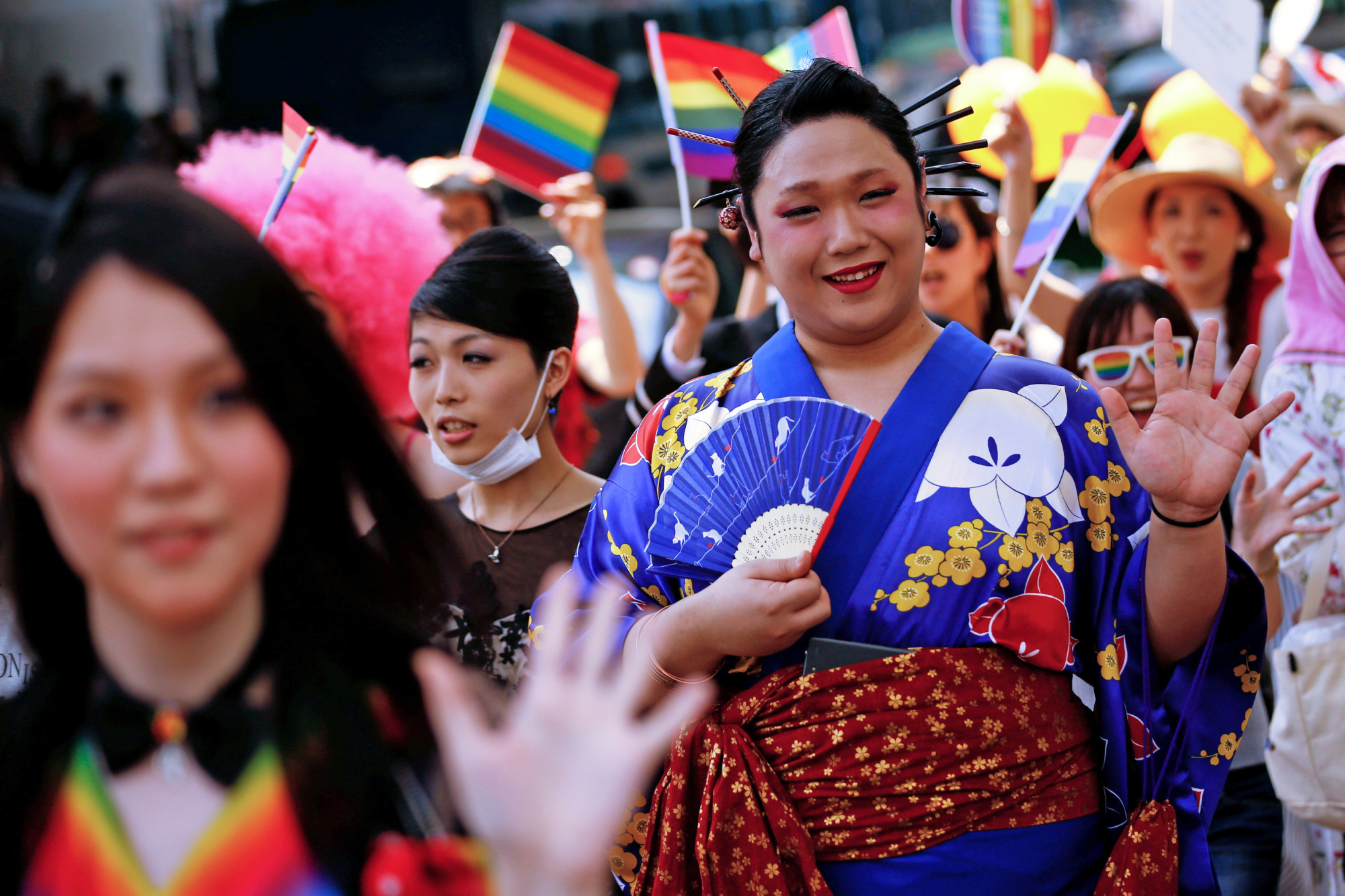A recent survey by advertising giant Dentsu revealed that roughly 1 out of 11 people in Japan identify as レズビアン, ゲイ, バイセクシュアル, トランスジェンダー (rezubian, gei, baisekushuaru, toransujendā, lesbian, gay, bisexual and transgender), and the survey comes on the heels of some positive developments for the LGBT community in this country.
In 2015, Tokyo's Shibuya and Setagaya wards started issuing パートナーシップ証明書 (pātonāshippu shōmeisho, partnership certificates), which recognize same-sex couples in relationships. The certificate insists — but doesn't require — that hospitals and companies such as real-estate firms treat these couples the same as married ones. Several major cities in Japan, including Osaka and Fukuoka, have followed suit by offering their own certificates.
Japanese media has been tracking the new laws that benefit 同性カップル (dōsei kappuru, same-sex couples). Headlines often bounce between the phrases "LGBT" and "性的少数者" (seiteki shōsūsha, sexual minorities). Readers might also spot the katakana "セクシュアルマイノリティー" (sekushuaru mainoritii, sexual minority), which, though technically an English phrase, is rarely used in overseas media.



















With your current subscription plan you can comment on stories. However, before writing your first comment, please create a display name in the Profile section of your subscriber account page.